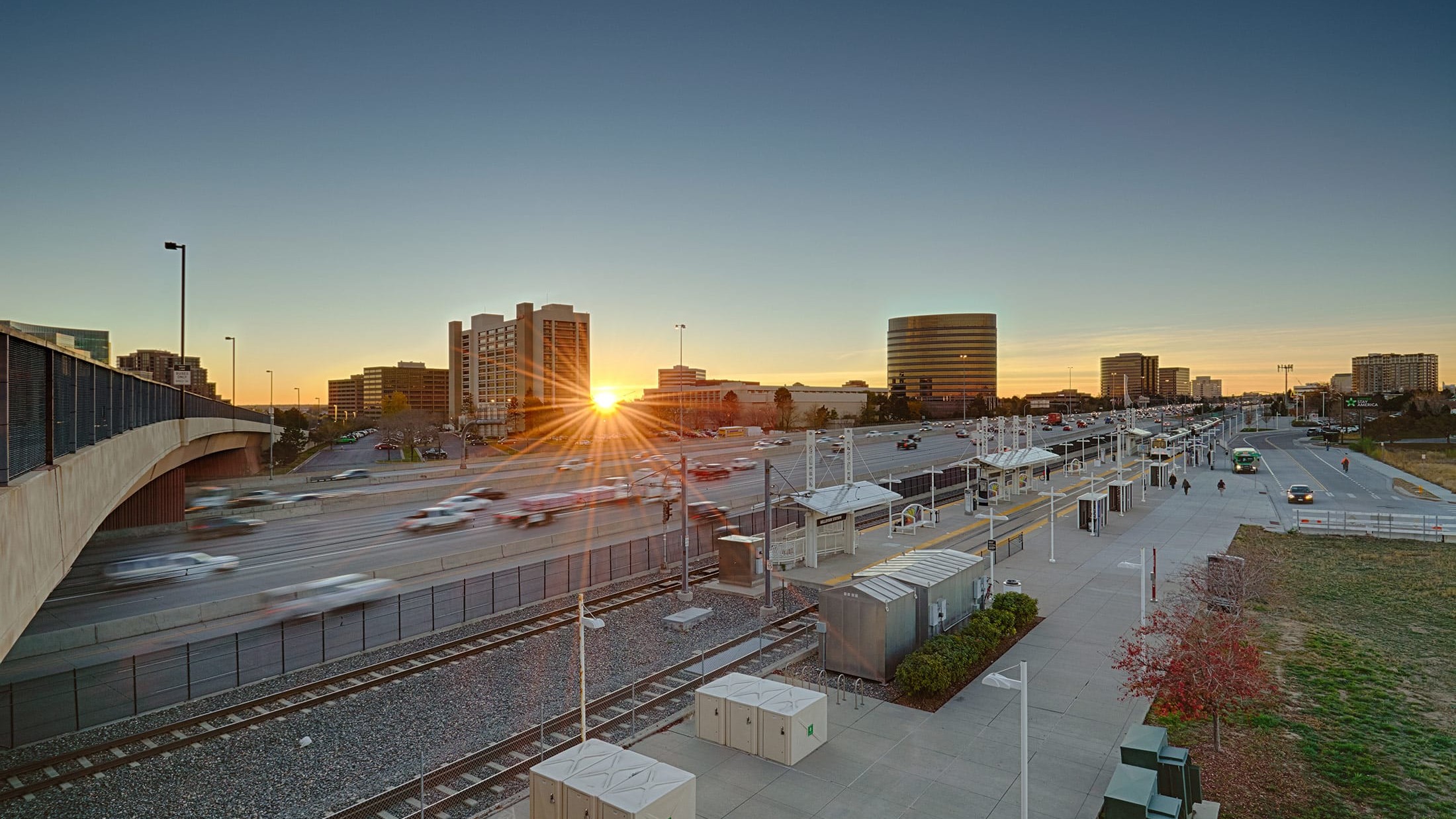How do most Americans get to work? It’s simple: they drive by themselves.
In fact, more than 76 percent of commuters drive alone, according to a recent study by CityLab. It’s no different here on the Front Range, either, where 70-80 percent of workers are sitting by themselves in their cars every day.
But things are not the same in cities like New York and San Francisco that have robust public transit systems, but parking is expensive. There, just over half of commuters drive daily. Even in cities like Boston, Washington, DC and Seattle, which offer some transit options but aren’t all-encompassing, only about two-thirds of commuters drive alone.
Nationally, five percent of commuters use transit, but in congested cities like those mentioned above, the rates are far higher simply because it is the better option. When commuters can avoid the drive, they will.
And that’s why access to transit makes such a big difference in reducing traffic congestion. Fewer solo drivers on the road benefits everyone and helps make the daily commute more manageable no matter how people prefer to get to work.
The federal government has long supported this practice by offering a range of tax credits and savings for companies that offer transit benefits to their employees. In fact, commuter tax benefits are built into the Internal Revenue Code Section 132 (f) as Qualified Transportation Fringe benefits and can be used for parking transit and carpools.
As of January 2019, employees can offer their employees transit benefits (bus passes, transit reimbursement, etc) worth up to $265 per month tax free as a perk.
And this system works. According to the Society of Human Resource Management, thirteen percent of employers provided transit subsidies in 2018, up from 10 percent in 2014.
But there’s a problem.
The 2017 tax cuts eliminated the business deduction for qualified mass-transit, carpools and parking benefits, putting this hard-fought growth at risk. In fact, we’re already hearing anecdotal stories of Colorado employers pulling back on the transit benefits they had been offering simply because of the lost tax deduction.
Unfortunately, this change is basically encouraging more people to drive alone.
That’s the bad news.
Suggested Reading:
But the good news is that Denver South is committed to helping companies in the region adapt to these changes while still providing the transit benefits that area employees have come to rely on. After all, addressing traffic along the I-25 corridor is in all of our best interests, alleviating congestion, saving on time wasted in traffic, lost productivity and more. There’s a simple way we for us to help employers save money.
That’s why, if your company wants to offer transportation benefits but has questions about the tax implications of these perks under the new regulations, give us a call. Our transit experts are here to help.

